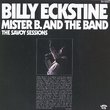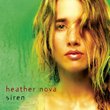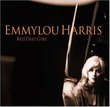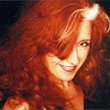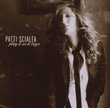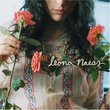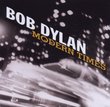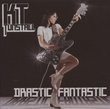| All Artists: Elmo Hope Title: All-Star Sessions Members Wishing: 3 Total Copies: 0 Label: Milestone Release Date: 10/15/1991 Genres: Jazz, Pop Style: Bebop Number of Discs: 1 SwapaCD Credits: 1 UPCs: 025218473729, 090204089024 |
Search - Elmo Hope :: All-Star Sessions
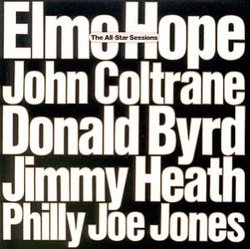 | Elmo Hope All-Star Sessions Genres: Jazz, Pop
|
Larger Image |
CD DetailsSimilarly Requested CDs
|
CD ReviewsNear Classic A. K. L. | Steilacoom, WA USA | 07/25/2003 (4 out of 5 stars) "Here's a near-classic and historic recording from a tragically under-recorded progenitor of bop. You could buy this because of its rare and early John Coltrane presence, its vintage Donald Byrd, or any of the other masters of modern jazz heard here in their early prime: Hank Mobley and Frank Foster on tenors, Blue Mitchell on trumpet, Philly Joe Jones on drums, with Paul Chambers or Percy Heath on bass: not a bad line-up! But the real reason to hear this is Elmo Hope. The CD fairly represents his growth into maturity and even genius. One of the formative bop pianists, close friend of both Bud Powell and Thelonious Monk, Hope was not only influenced BY these keyboard masters but was an influence ON them. Hope is truly important and your jazz collection will be more hip with this disc.Here are the details: the first four cuts are from an early bop blowing session with Byrd, Mobley and Trane; real basic blues and 1-6-2-5 changes. Hope at this point in his career sounds a bit like Powell, but gentler and definitely in search of a voice more lyrical and simple. The second session contains seven cuts from '61 presenting Hope at his peak. Three of these pieces are complex and harmonically stiking Hope compositions featuring the tenors of Heath and Foster and the trumpet of Blue Mitchell. The bass player is no longer Paul Chambers but Jimmy Heath's brother, Percy (of MJQ fame). While the compositions are complex, Hope's piano style has become more direct, with Monk-like chord clusters and profound use of silent spaces. Yet he is more gentle and lyrical than Monk. Between these sessions, Hope was on the West coast recording with Harold Land, Curtis Counce and others - but he found the music out there too stuck in familiar blues patterns without much innovation or edge, so he returned to New York. The CD finishes with four trio cuts where you get to hear Hope with drum and bass only: a lonely, eloquent poet of bebop. Constantly hounded by the police for his past scuffle with drugs, he could never get a cabaret-card, and without that you couldn't work in clubs or get recording sessions.( The same thing happened to Monk and to Gene Ammons, but they managed to be heard anyway.) Elmo was one of the damned who never climbed out of the New York jazz scene's cycle of shadows: racism, drugs, and low social esteem. He was also weakened by chronic respiratory infections and died of pneumonia in '67. His full name was St. Elmo Sylvester Hope, and he was one fallen star in the golden blackness of jazz."
|

 Track Listings (11) - Disc #1
Track Listings (11) - Disc #1